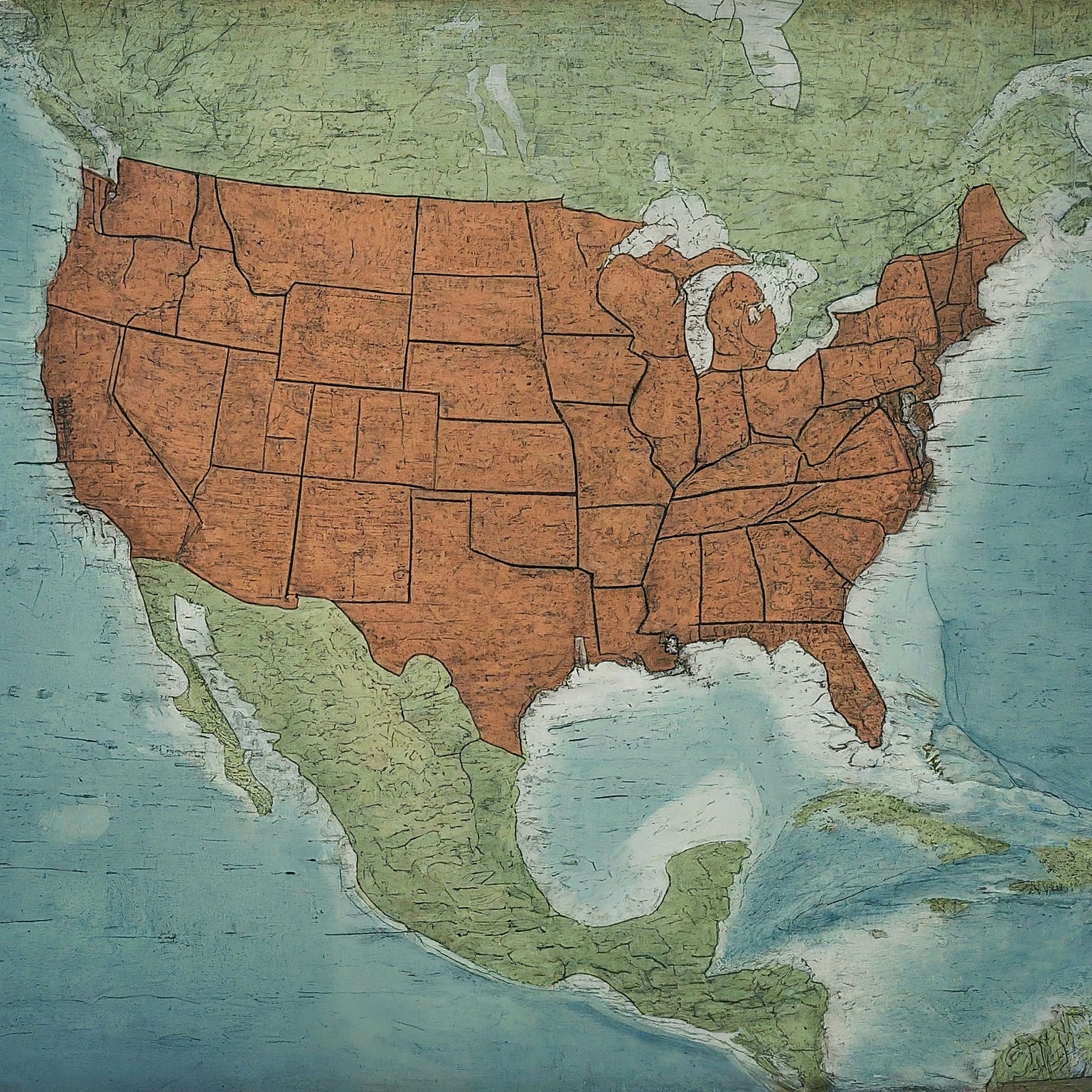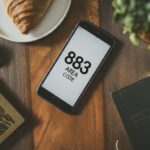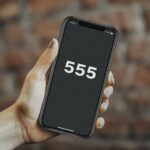The 750 area code is currently an unassigned or reserved three-digit code within the North American Numbering Plan (NANP), which includes the United States, Canada, and several Caribbean nations. This means that a standalone number beginning with the prefix 1-750 is not currently in service for any geographic location.
Therefore, if you receive a call from a number that appears to start with the 750 area code, you should treat it as highly suspicious and likely a scam attempt using caller ID spoofing technology.
This article provides the definitive status of the 750 area code and offers actionable advice on how to protect yourself from fraudulent calls.

The Official Status of Area Code 750
Within the NANP, area codes are assigned on a geographical basis, or for special services (like 800 for toll-free). The 700-series codes that are unassigned are typically reserved for future growth or specialized services.
| Detail | Status |
| Geographic Location | None (Unassigned) |
| Country | Not currently in use in the U.S., Canada, or the Caribbean. |
| Time Zone | N/A (Not tied to a location) |
| Call Risk | High risk of Caller ID Spoofing or fraudulent calls. |
Important Note: The 750 prefix is part of a block of reserved codes in the 700 series (including 748, 749, 750, 751, and 752) that are currently designated as available for future assignment.
High Risk: Why Scammers Use Unassigned Codes
Criminal telemarketers and scammers frequently utilize unassigned or fictitious area codes, such as 750, for two primary reasons:
- Bypassing Filters: Many older mobile and landline spam filters are designed to recognize legitimate, assigned area codes. Using an unassigned code like 750 allows the call to potentially slip past basic blocking technology.
- Disguising Origin: The spoofed 750 number makes it impossible to trace the caller’s actual location. This disguises calls originating from foreign countries or other domestic spoofing operations.
Understanding Caller ID Spoofing
When you see a call from the 750 area code, the caller is intentionally manipulating the information displayed on your phone’s caller ID system. This is done to make you believe the call is coming from a location that does not exist, often as a precursor to scams like:
- IRS/Government Impersonation: Scammers claim you owe money and must pay immediately via gift card or wire transfer.
- Warranty Expiration: Automated messages warn that your car warranty is expired, attempting to extract financial information.
- Suspicious Account Activity: Fake bank or credit card fraud alerts that pressure you to “verify” your security details.
Actionable Steps: How to Handle Calls from 750
If your phone rings and displays 1-750-XXX-XXXX or a similar format, follow these simple, non-negotiable rules:
- Do Not Answer: Answering confirms to the scammer that your number is active, leading to more unwanted calls.
- Do Not Call Back: Calling an unassigned or spoofed number provides no benefit and may connect you to a premium service (though less common with 750, it is always a risk with unfamiliar codes).
- Block the Number: Use your smartphone’s built-in call blocking feature to prevent that specific number from calling you again.
- Verify Legitimacy: If you believe the call might be important, let it go to voicemail. A legitimate caller will always leave a detailed message explaining their purpose. If they claim to be a company, call that company back using a verifiable number found on their official website, not the one provided in the message.
Frequently Asked Questions
Is the 750 area code ever used legitimately?
No, the 750 area code is currently not assigned to any public carrier for any purpose, geographic or otherwise. Its appearance on your caller ID is conclusive evidence of spoofing or fraud.
If 750 is unassigned, why don’t my phone company filters block it?
While carriers are working to implement robust call verification standards (like STIR/SHAKEN), scammers constantly adapt. Filters are primarily designed to block patterns from known spam numbers. Unassigned codes are a tool scammers use specifically because they are not yet classified as spam but also not recognized as legitimate, allowing them to sometimes bypass older filtering layers.
Will the 750 area code ever be assigned?
Yes. As the demand for phone numbers increases, reserved blocks like 750 will eventually be released by the North American Numbering Plan Administrator (NANPA) as a new area code, either for a geographic area or a specialized service. However, this process takes years and is always announced well in advance to the public. As of today, it remains unassigned.
Conclusion
The 750 area code is a deceptive tool used by scammers. It is unassigned in North America and is not currently tied to any legal business or location. Your best defense against potential phone fraud from the 750 area code is to ignore the call, never call it back, and block the number immediately.


